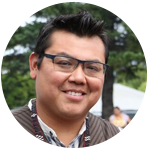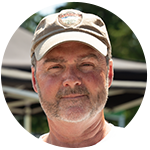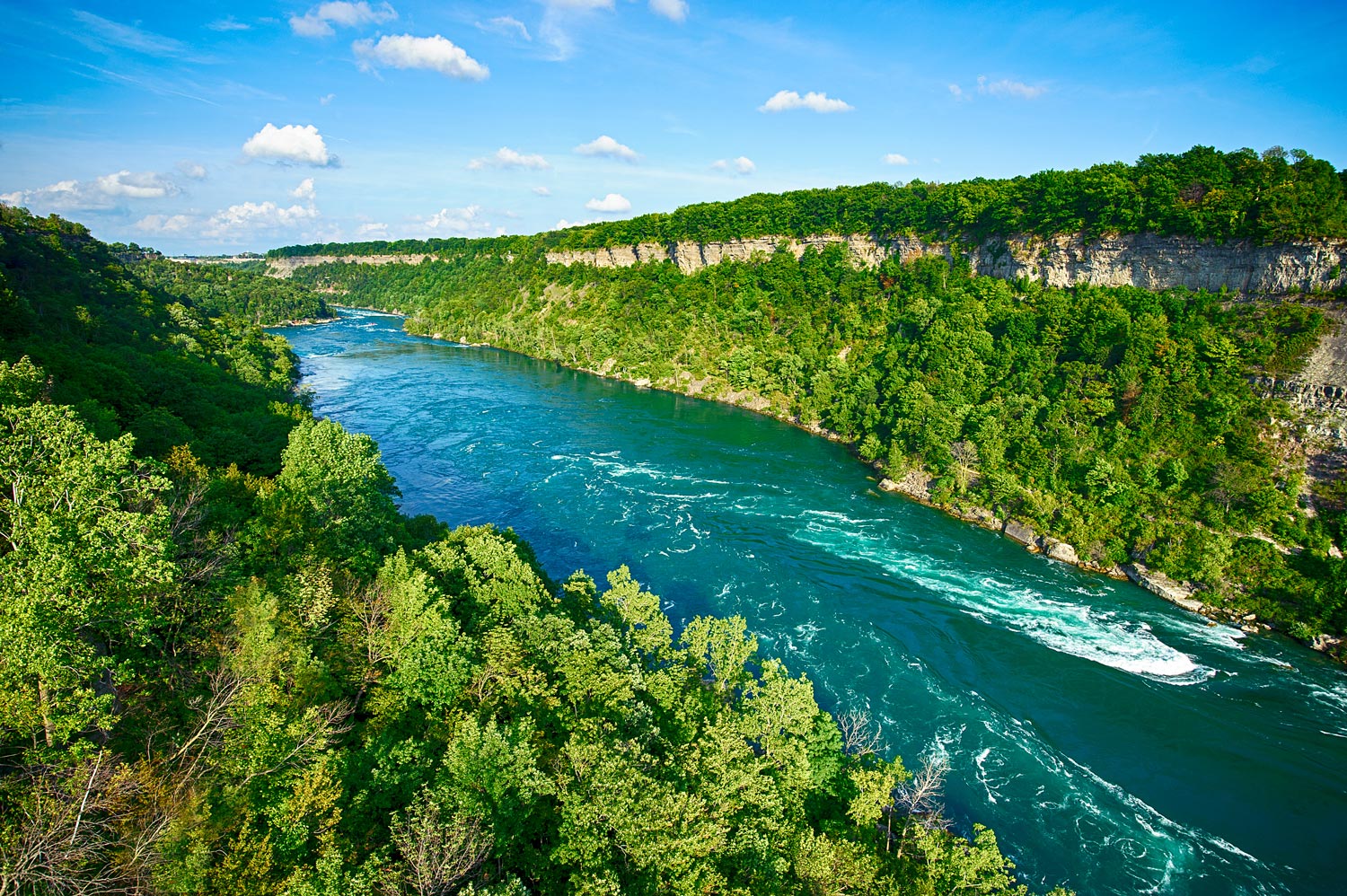Old Fort Erie Speaker Series Beneath the Surface: History through Archaeology
Dig into Niagara’s history and trace some of its most fascinating stories revealed through archaeological findings with this three-part online speaker series.
The History Through Archaeology series is delivered as a live-streamed, digital event. Tickets grant access using any computer, tablet or mobile device for these live, interactive sessions with notable archaeology experts and an Indigenous educator.
Tickets are $15 per event, or gain access to the entire series for $35. As an added bonus, all series-pass holders will also receive an Old Fort Erie season pass for unlimited admission to the fort in 2021. All sessions begin at 7:00 PM.
The Speakers

Jamie Jacobs
Seneca Decolonization through Archaeology April 21


Dr. Rob Macdonald & Dr. Martin Cooper
13,000 Years of Indigenous Settlement
in the Niagara Region May 19

Dr. John Triggs
1764 Fort Erie June 23

Jamie Jacobs Seneca Decolonization through Archaeology
Dr. Rob Macdonald & Dr. Martin Cooper 13,000 Years of Indigenous Settlement
in the Niagara Region



 Close and
Close and